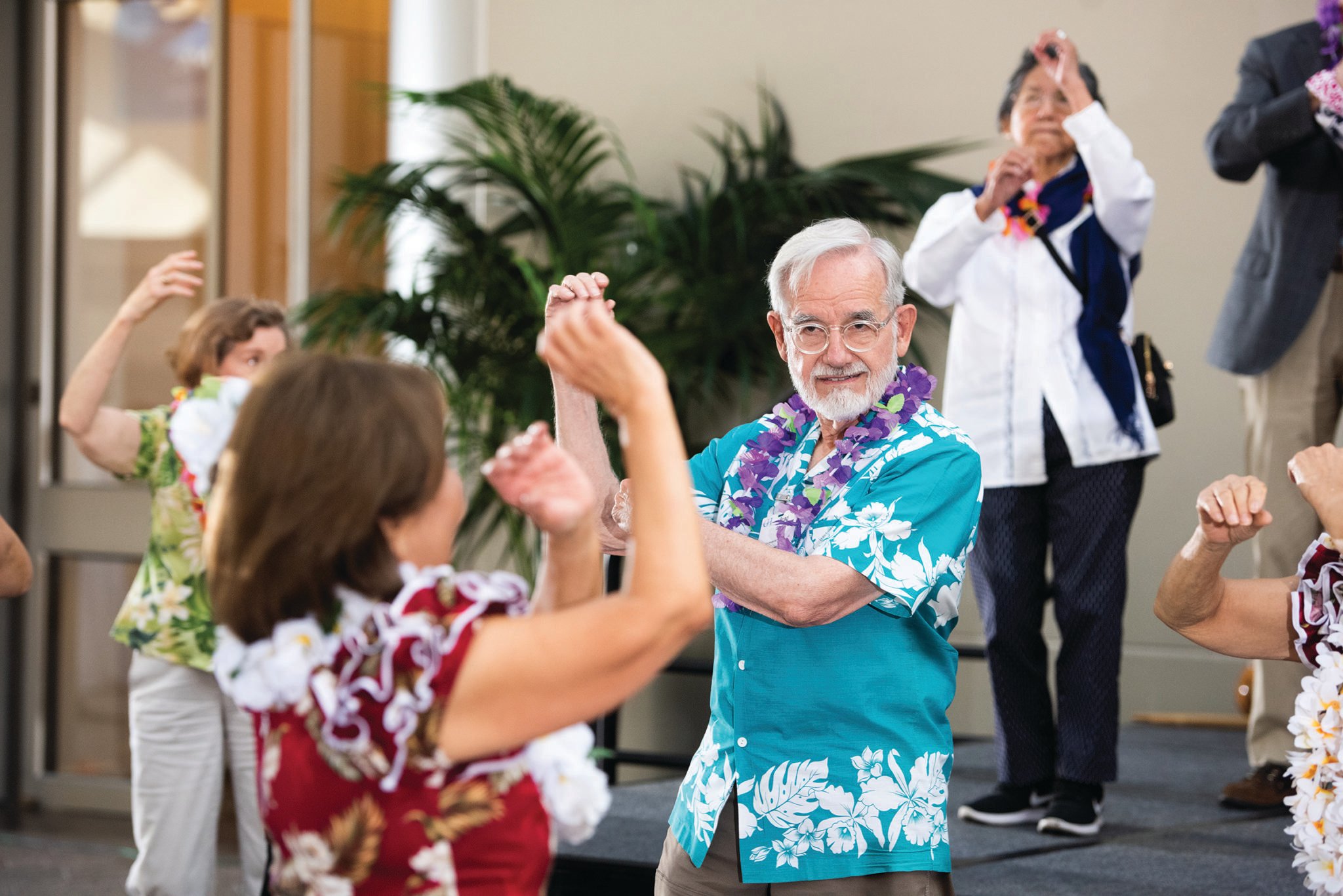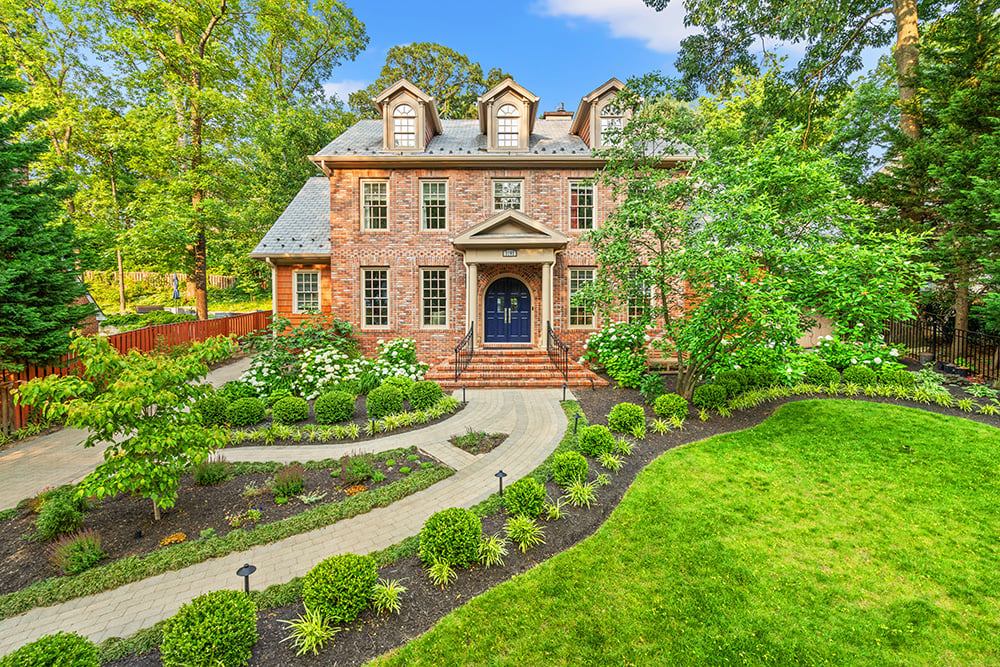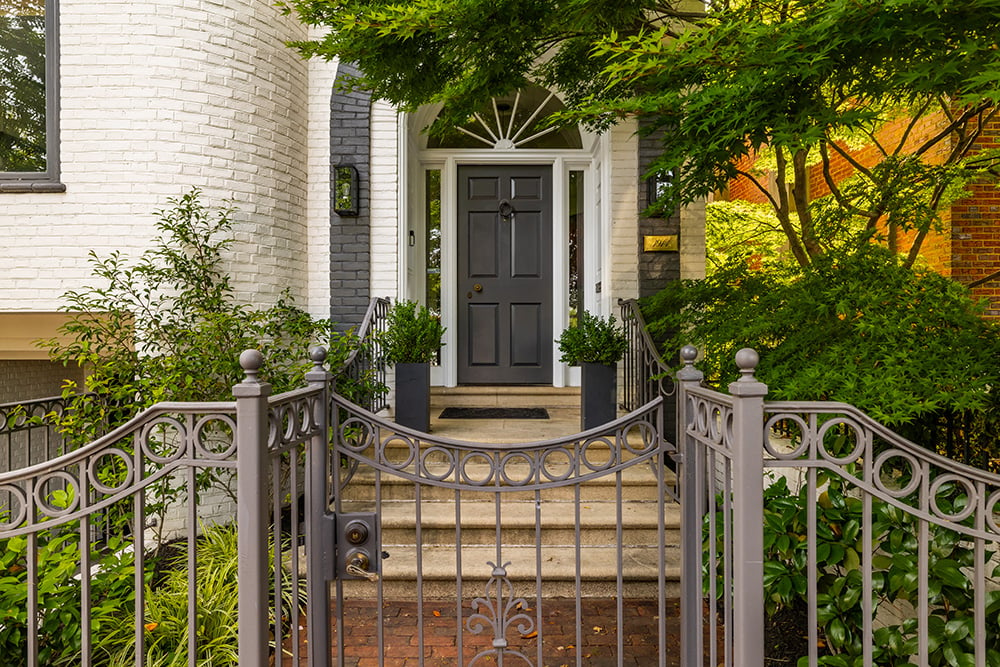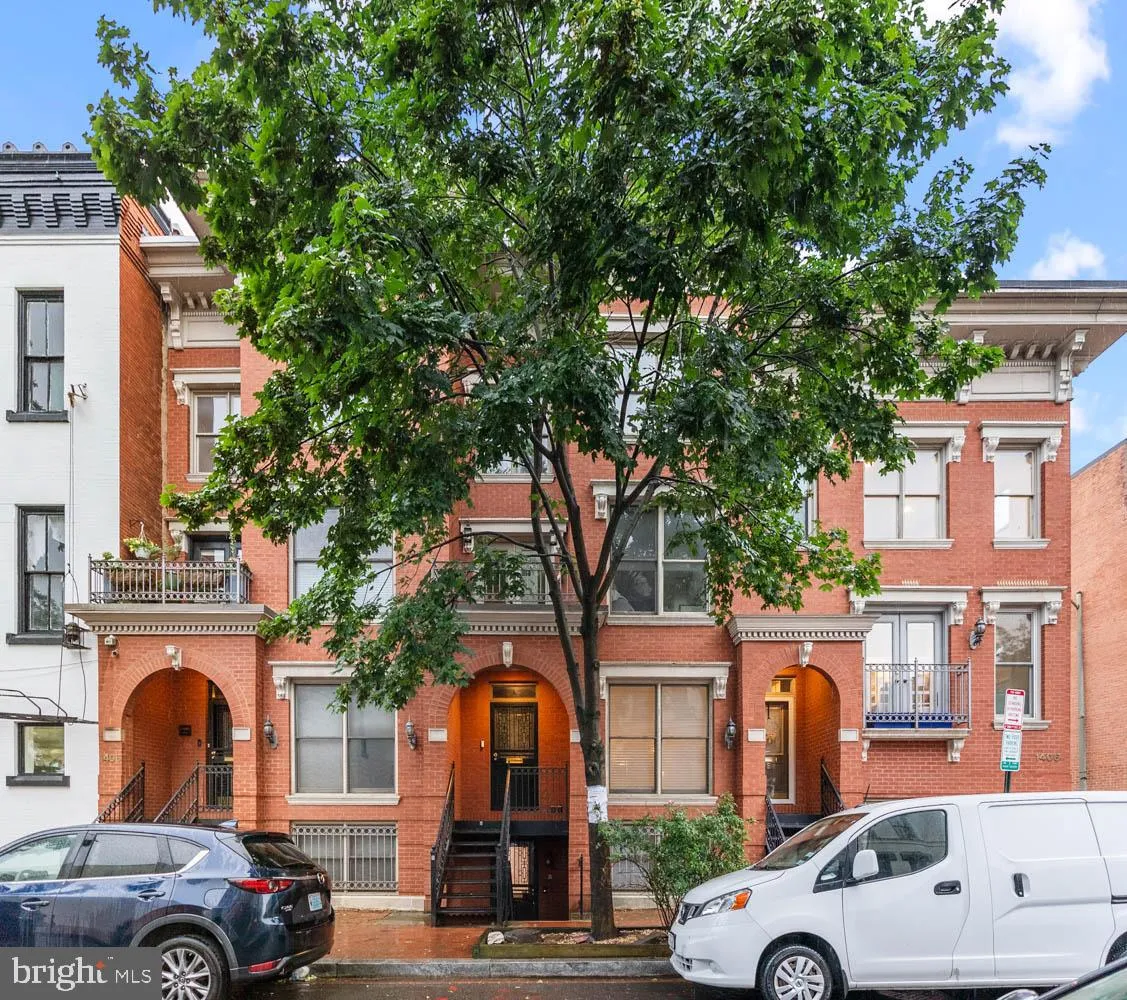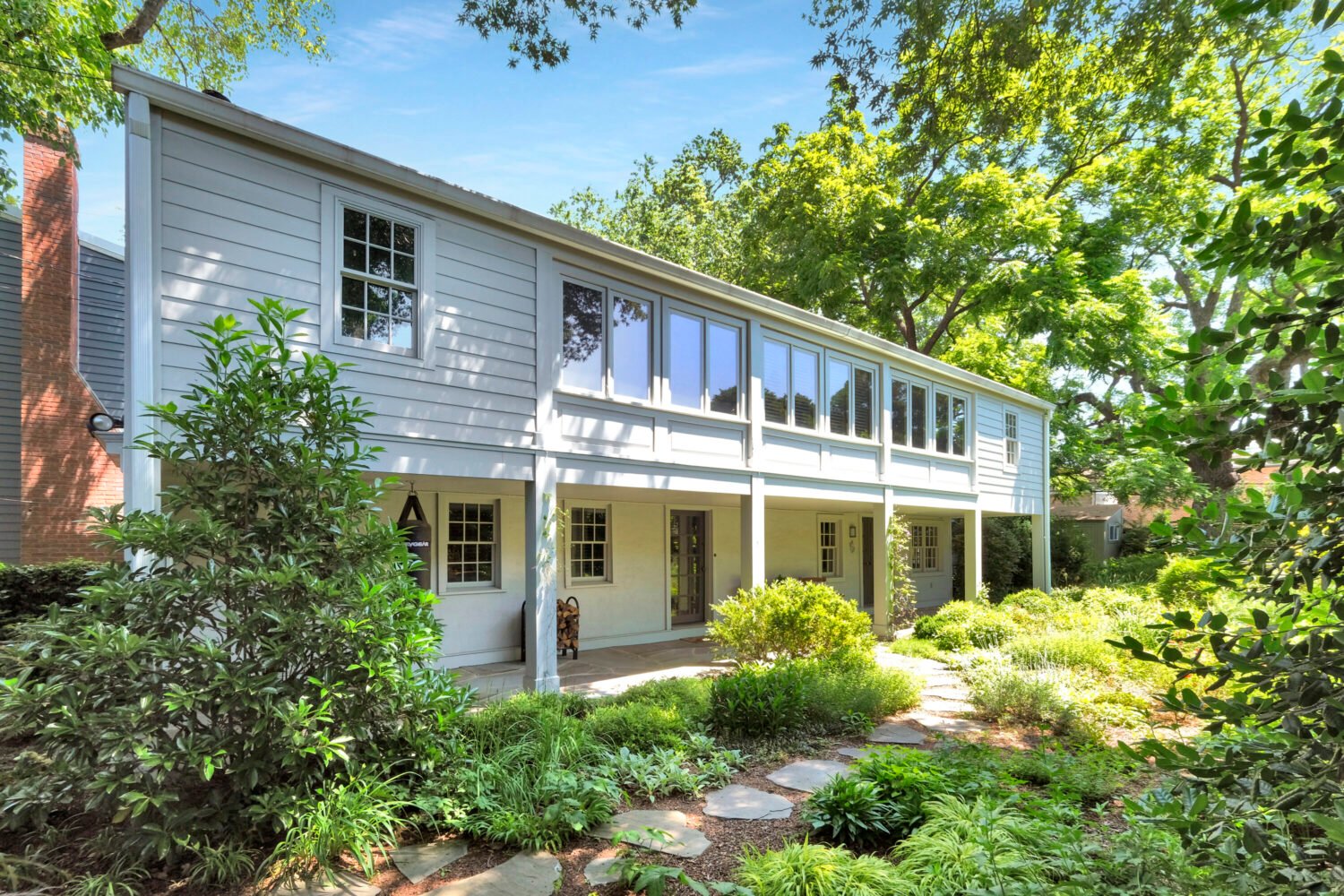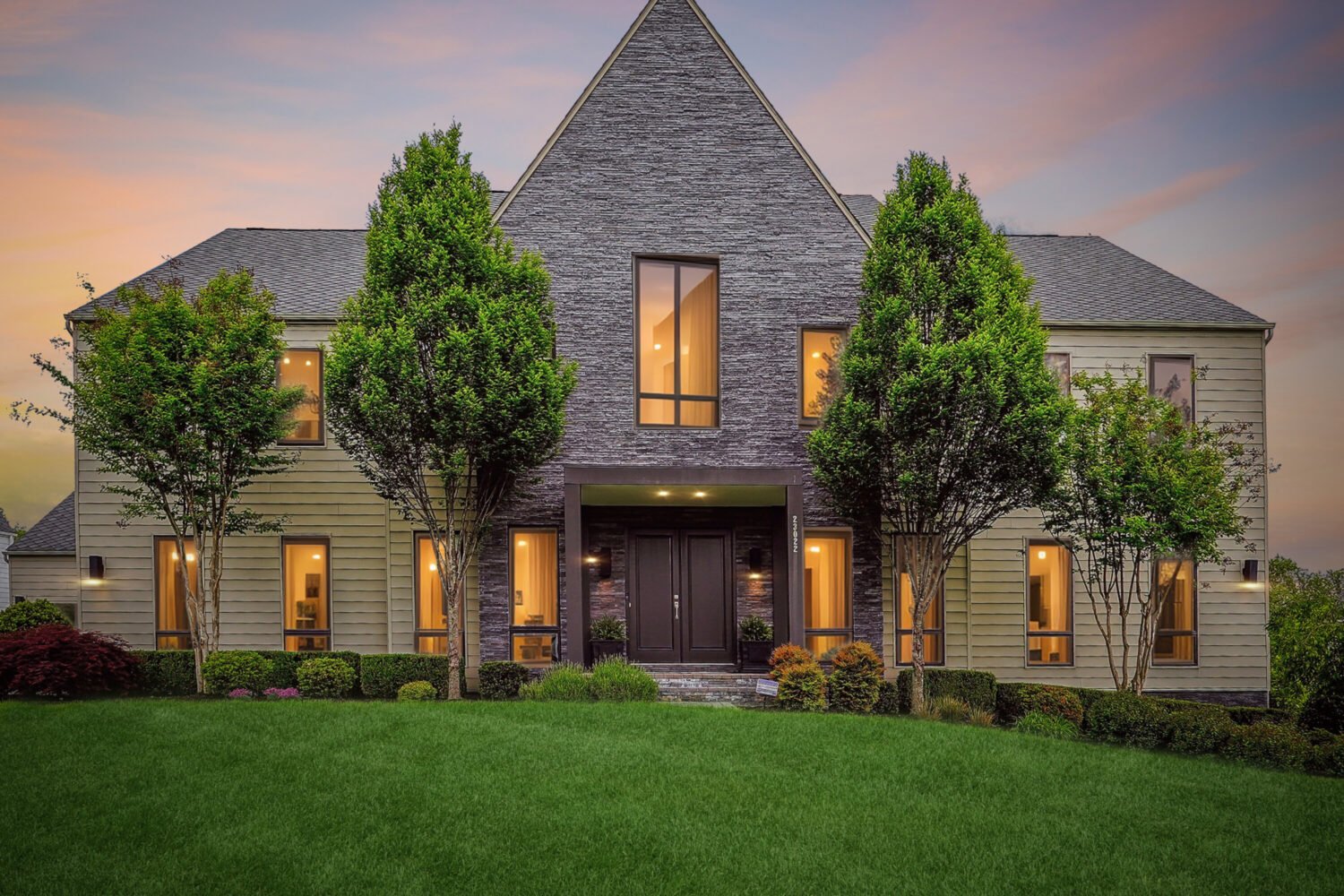I have sung 30 years with a GRAMMY-nominated chorus, celebrated six years of marriage to my new wife and recently wrote an article about my model railroad for publication in a national magazine. I’m also losing my memory.
Bummer, you say? No, not entirely.
When I was 80, I learned about Goodwin Living and thought it was a nice “old folks’ home.” My late wife was teaching tai chi at one of the Goodwin Living campuses and heard about their aging in place program. She signed us up for Goodwin Living at Home (GLAH), which is like long-term health care but with additional features. It happened that we were the first people to sign for this program in all of Virginia. We were looking forward to a celebratory dinner when she suffered a fatal heart attack.
About six months later at chorus rehearsal, I met a young woman after the maestro changed the seating chart. I had an extra ticket to an opera, she could go and we married in 2016. We found a “fixer-upper” for our new home, and Goodwin Living experts advised us on safety features such as door widths for wheelchairs, bathroom grab bars and floor-level lighting for stairwells. We moved in as I was turning 83.
In the meantime, Goodwin Living was developing a strategic plan for “squaring the curve.” Imagine a graph that plots health against age: the typical aging process shows that health declines as age increases. Goodwin Living was focused on improving health for aging people further into their later years, including strategies targeting dementia.
In America, 1 in 3 older adults die with Alzheimer’s or another type of dementia, and by 2050, nearly 13 million Americans are expected to be living with Alzheimer’s. In Virginia, the impact of Alzheimer’s is growing, with an estimated 524 million hours of unpaid care, valued at $8.5 billion, being provided by Alzheimer’s caregivers.
In 2020, the new president and CEO of Goodwin Living, Rob Liebreich, began offering residents and GLAH members screening for memory and cognitive problems. Mr. Liebreich and Goodwin Living introduced StrongerMemory, a brain health curriculum that includes math problems, writing exercises and reading-aloud exercises designed to activate the prefrontal cortex and improve brain health in adults with early-stage dementia or mild cognitive impairment. Mr. Liebreich was inspired to develop the program after his mother, Wendy, was diagnosed with mild cognitive impairment.
I was attracted to StrongerMemory, as I recognized my growing inability to recall familiar names and words. For example, I recognized the bush planted in our backyard, but on repeated occasions, the words “crepe myrtle” would simply not come to mind. It was obvious to me that I still knew a lot of things but was losing my ability to recall them at will.
I have now been a StrongerMemory participant for two years. After performing the exercises and meeting online weekly with other participants, including Rob’s mother, Wendy, I have learned to relax, focus on a subject and then wait for the sought-after information to appear. Which it does.
Earlier this year, I worked with Rob and the StrongerMemory team to expand access to this innovative program with the development of a free Spanish language version. I worked with the Arlington Free Clinic to distribute free copies of the English and Spanish version to community members. The curriculum is available to download at StrongerMemory.org at no cost thanks to the Goodwin Living Foundation and its generous donors who support the StrongerMemory program.
As a nation blessed with millions of adults 55+ who still have much to contribute, we are responsible to provide them with accessible resources to protect, nourish and restore their brain health. My quality of life is better and my ability to live independently is enhanced through my participation in StrongerMemory. I want other older adults to be able to experience these same benefits. You can make a difference by encouraging those older adults you love and care for to participate in StrongerMemory.
I just turned 88. And I still want to win a GRAMMY.
Brad Stanford is a retiree and Goodwin Living at Home member living in Arlington with his wife, Susan Stanford.

